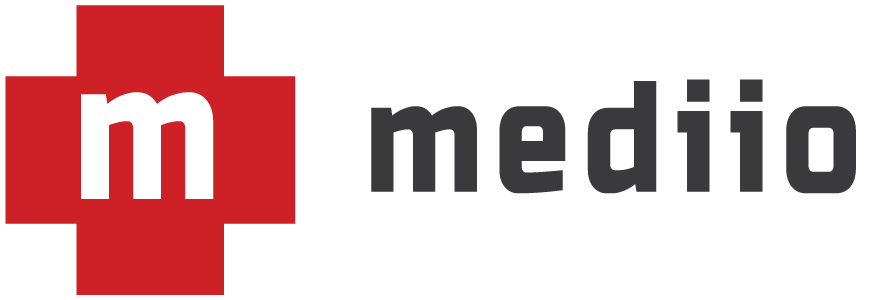Social media permeate the personal, academic, political and professional lives of millennials, helping to foster the type of environment where innovation flourishes. So when compared with older generations, millennials learn quickly — and that’s the most important driver of innovation.
Medicine represents a unique environment for this generation to work in. Information is siloed. Common tools–like text messaging–run afoul of HIPAA and other institutional regulations. Innovation moves at a glacial pace owing to bureaucracy and regulation. And let’s not forget the hierarchical structure of medicine itself (something I underestimated until I was in it). We’ve seen some of these forces at work in recent events surrounding 23andMe.
More than the cultural and bureaucratic barriers in medicine, I believe we may be putting too much faith in millennials’ capacity to leverage technology for change. While this generation has grown up with these digital tools, by and large most of them do not understand how to create them. Too many of my peers possess a very, very basic technology literacy. Yes, they know how to use Facebook and Instagram, but not much beyond that. They do not understand that today’s smartphones are almost miraculous. They don’t understand how complex something seemingly simple like taking a picture and sharing it with Instagram actually is. It won’t be enough to have millenials simply move up the ranks. They will do a good job with adapting to things like EMR changes or new messaging systems because they’ve moved from MySpace to Facebook to Twitter/Instagram. They will fail at designing the technological tools that could change the health care landscape.
